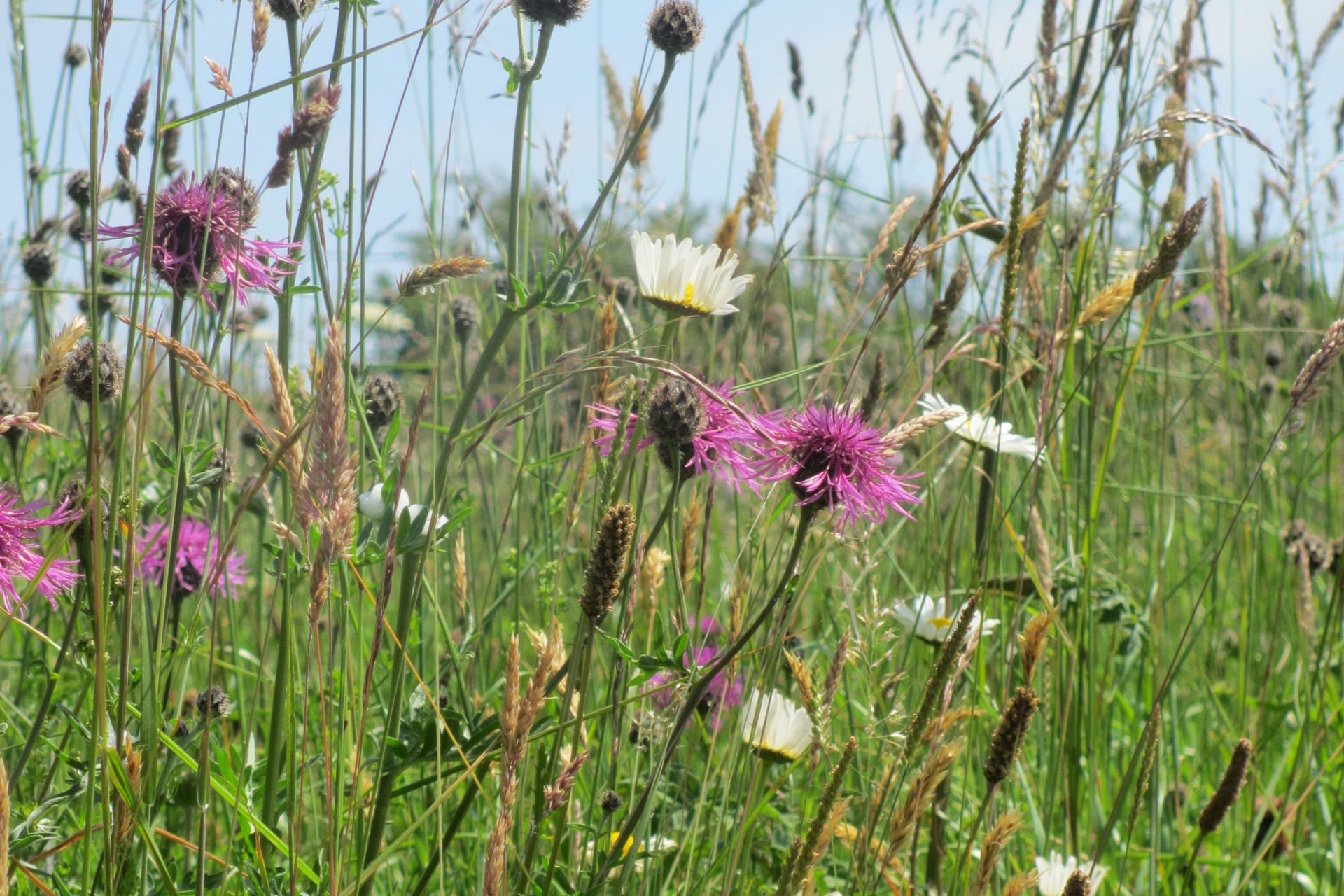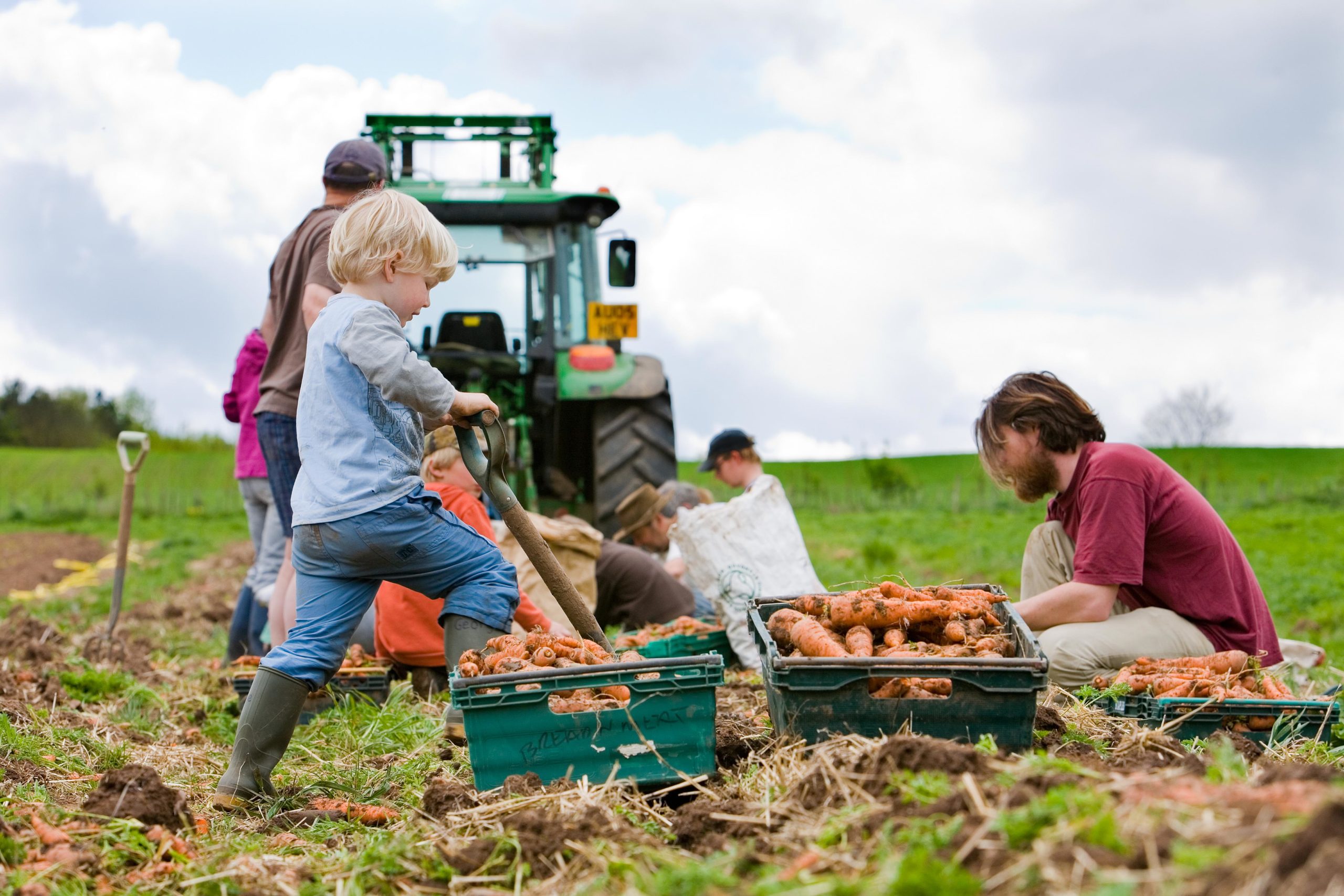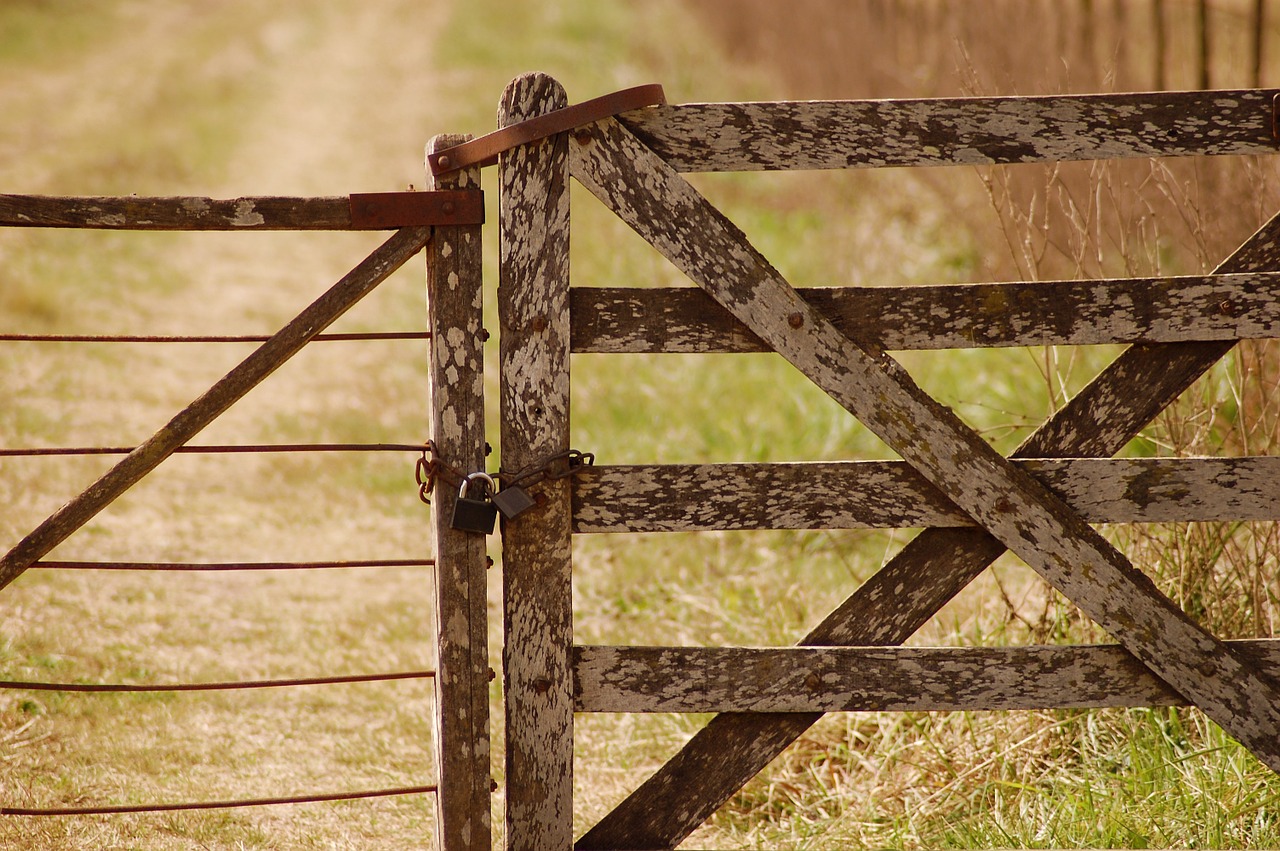Hosted by the Nature Friendly Farming Network
As agricultural support changes, business management for land owners and land managers will be critical. That business management will also have to take into account that uniquely in agriculture, Nature is a stakeholder in the business; it provides a free-issue bounty for farmers, but it also demands care and attention.
Every farm has a distinctive MSO (maximum sustainable output). This is the point at which productive variable costs (PVCs) end and corrective variable costs (CVCs) start. At the MSO, not only is profitability maximised but the benefits arising from Nature’s bounty are maximised, too. Operating beyond the MSO point starts to decapitalise the natural assets of the business, through overstocking in livestock farming, reduced fertility (natural yields) in arable farming, and over-cropping in woodlands. Continuous activity beyond the MSO point will lead ultimately to sterility in the land.
The benefits arising from Nature’s bounty are typically quantified as a stream of income or a stream of avoided costs. The capitalisation of these streams will quantify Natural Capital. It is not a fixed value; it will change with time and with different farming practices. Quantified in a pragmatic business-oriented fashion, as above, Natural Capital could form a new basis for State Support Schemes for farming. Understanding the MSO phenomenon and its role in determining Natural Capital is now a pre-requisite for developing superior farm-business strategies.
Participants had the chance to both explore whether we should be putting a value on natural capital and an opportunity to discuss the principles of MSO, leverage strategies and the impact of natural capital considerations.
Speakers/hosts:
Chris Clark, with his wife Fiona, previously owned Nethergill Farm and developed Nethergill into an eco-hill farm business with a sustainable added-value meat activity, an educational and field study facility and eco-tourism holiday lets. He is a Partner in Nethergill Associates, a business management consultancy currently assisting with the conjecturing and management of future farming uncertainties nationally. A former farm tenant and farm manager, Chris now has thirty years of business management experience, of which over twenty years were managing his own farm-based businesses. He is currently a member of the North Yorkshire Rural Commission and a past member of the Yorkshire Dales National Park Authority
Colin Tudge is a biologist by education and a writer by trade. He worked for Farmers Weekly, New Scientist, and BBC Radio 3 before going freelance in about 1990, and is author of about 15 books on natural history, evolution, genetics, ecology – and, in particular, on nutrition, cooking, and agriculture. Around 2008, together with his wife Ruth (West) and help from good friends, he began the Campaign for Real Farming — which has given rise to the Oxford Real Farming Conference and the still peripatetic but ever-growing College for Real Farming and Food Culture. The aim is to help bring about a global, cross-the-board Renaissance – beginning with food and farming.
Helen Chessire – Woodland Trust – Senior Advisor (Farming) – Helen Chesshire is lead farming advocate at the Woodland Trust, responsible for working with both the farming sector and policy makers to promote the benefits of trees on farms. Otherwise known as agroforestry, the deliberate integration of trees within agricultural crops and livestock is a win –win for sustainable food production and the natural environment. The Woodland Trust can provide advice and support to farmers interested in agroforestry. Helen grew up on a diary and sheep farm in the Midlands.




